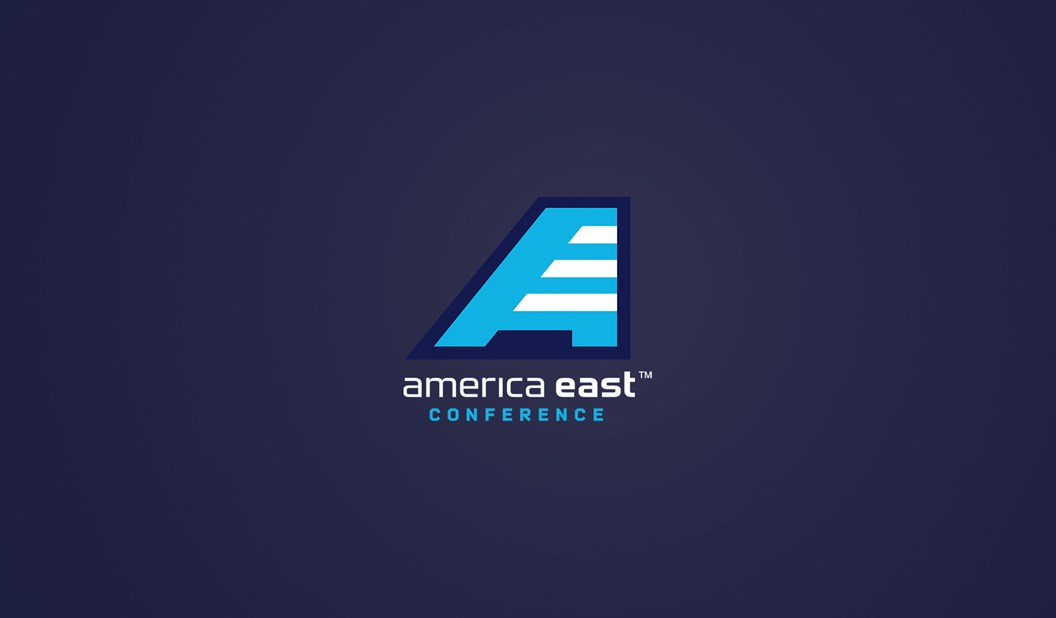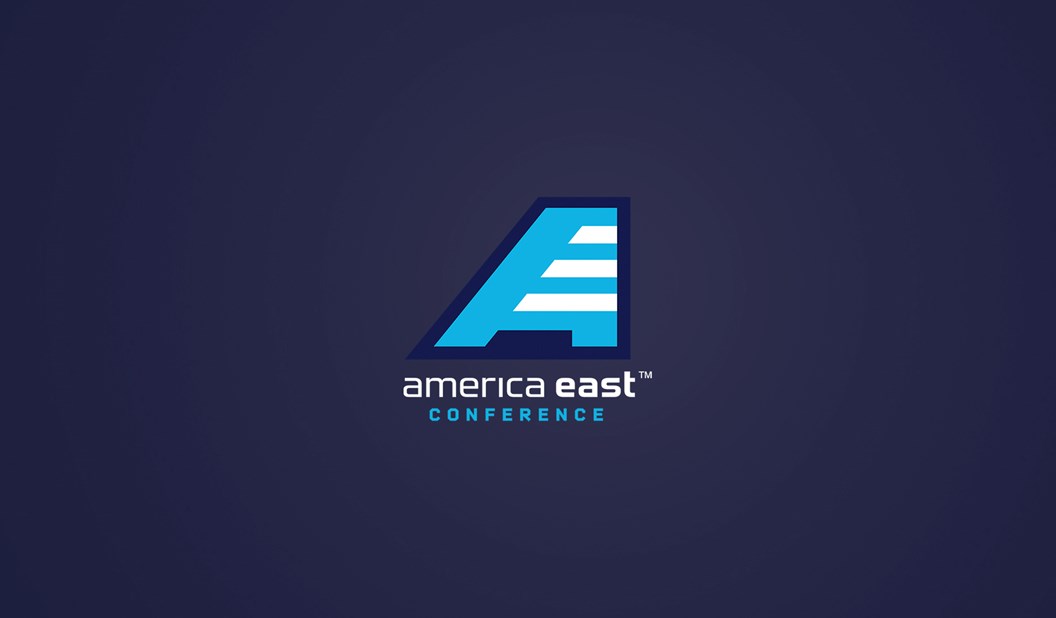
Image via America East
The America East Conference is strengthening its efforts to be a leader in mental health among its athletes.
The conference last month announced its Board of Presidents adopted the NCAA autonomy proposal to improve student-athlete access to mental health resources. The proposal was originally approved by the Power Five conferences in January, and America East is the first outside the group to adopt the proposal, but Commissioner Amy Huchthausen said the conference’s efforts stretch back several years. Huchthausen also said it wasn’t a major lift to adopt the proposal because of efforts in the past.
Several years ago, the conference’s student-athlete advisory committee surfaced mental health as an area where it wanted greater attention on the campus and league level. The America East’s 4th Annual Health & Safety Summit will be held in May at UMass Lowell, with part of the summit focused on mental health.
“They had seen what we had done in diversity and inclusion from broader conference initiatives,” Huchthausen said. “We were very open to that, but recognized as league leaders and staff, we’re not educated on what we need to talk about.”
The conference then formed a mental health working group comprised of stakeholders ranging from athletic directors to psychologists and student-athletes to identify the major issues. From there, the focus has become to continue to destigmatize mental health subjects and to improve education and access to mental health resources.
READ MORE: NBA Working to Improve Player, Community Mental Health
“Even though there’s more visibility, people still don’t know what it means,” Huchthausen said. “They don’t have a good understanding of what to do next.”
A baseline report of campuses was performed by athletic directors and presidents, and now a standard of best practices will be implemented across America East campuses.
“I was pleasantly surprised by the interest in our athletic directors to spend time on this issue,” she said. “Their frustration and willingness to say it’s important, but don’t know how to address it — that was really encouraging. That’s helped us advance the conversation.”
The impact of college on students’ mental health is already a lot but add in the added pressures of being an elite athlete and those risks are compounded, said Tim Neal, head athletic trainer at Syracuse University.
[mc4wp_form id=”8260″]
Neal said one in four adolescent adults meet criteria of a mental health disorder, and athletes are not immune, no matter the pedestal they’re often put on. The stressors of student-athletes can exacerbate existing conditions or bring on new ones, he said.
“There are unique stressors to an athlete, under constant scrutiny and pressure in the classroom just to remain eligible,” Neal said. “One quarter of a newspaper is dedicated to sports; they’re often well-known on campuses; the psychology of injuries. There are a lot of dynamics most people don’t have to think about.”
Neal said an important factor in the improvement of how colleges, administrators and athletes think about mental health stems from the NCAA’s Chief Medical Officer Brian Hainline, who has said mental health is the number-one issue in college athletics.
“He’s done more for the student-athletes than anyone else,” Neal said. “He’s made this a priority and is full-speed ahead in developing best practices.”
READ MORE: ‘Diet or Die’: Jesse Marks’ Story Shows Importance of Life Balance in Sports
At the America East level, Huchthausen said the initial reviews of the schools showed most weren’t far off from the pending guidelines, but it did help provide a solid base for standard operating procedures.
She said it’s now more about having a system in place and treated as a true program, rather than a discreet to-do list. Having the conversations also help connect all the resources on campus, that might otherwise be hidden from each other.
“This is an issue that really does touch almost every stakeholder,” Huchthausen said. “The message we want to send is you have to start somewhere. Even if you want a program that would require hiring extra people and adding resources, those might have a high price, even the ideal state, it shouldn’t prevent starting a conversation.
“You have to take the first few steps and that’s what we’re trying to do and hope other leagues follow.”



![[Subscription Customers Only] Jun 15, 2025; Seattle, Washington, USA; Botafogo owner John Textor inside the stadium before the match during a group stage match of the 2025 FIFA Club World Cup at Lumen Field.](https://frontofficesports.com/wp-content/uploads/2026/02/USATSI_26465842_168416386_lowres-scaled.jpg?quality=100&w=1024)
![[Subscription Customers Only] Jul 13, 2025; East Rutherford, New Jersey, USA; Chelsea FC midfielder Cole Palmer (10) celebrates winning the final of the 2025 FIFA Club World Cup at MetLife Stadium](https://frontofficesports.com/wp-content/uploads/2026/02/USATSI_26636703-scaled-e1770932227605.jpg?quality=100&w=1024)











